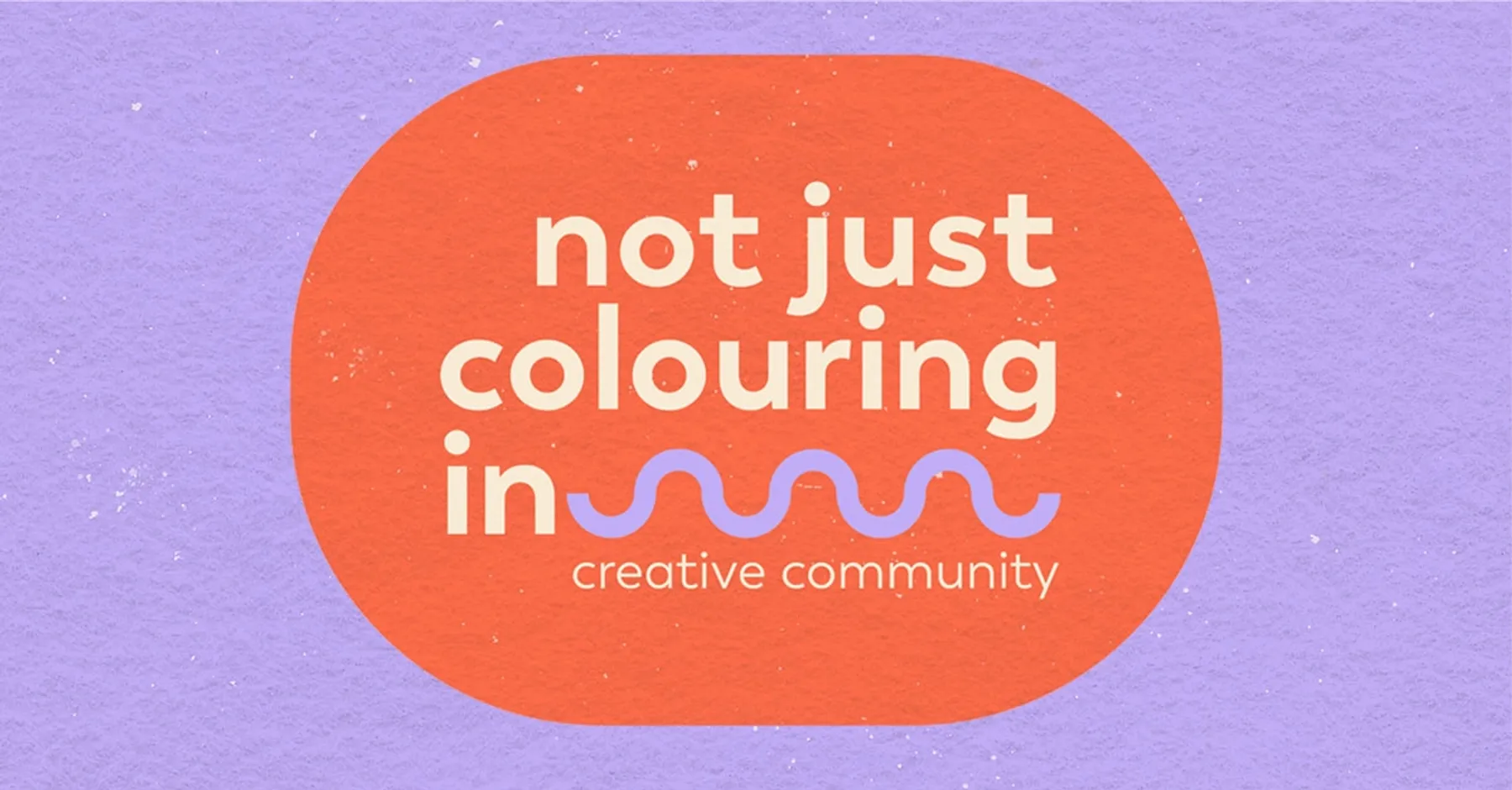Reimagining Licensing | Oliver Dyer on Creativity as a Catalyst

TL:DR Oliver Dyer, Skew's MD, shares his thoughts on the NJCI survey results. 'The licensing industry undervalues creativity, often sidelining creative teams in favour of sales; a cultural shift is needed to integrate creative talent into strategic decision-making and recognise their vital contributions to growth.'""
Licensing Imagination
"The clue is in the name: 'Licensing'. This industry is all about the deal, right? Yet, we see ourselves as an industry every bit as creative as entertainment, fashion, or games. Take creative out of Brand Licensing Europe, and what have you got? A big room in the East End of London full of hot air and paperwork.
During the pandemic, creative budgets were cut left, right, and centre. Colleagues in creative roles across the industry felt the brunt of these cuts, expressing frustration that the axe fell there first and hardest. Licensing sales are profit centres; creative is seen as a cost base. Without a framework to properly value the role of creative in the sales process, it's easy to see why cuts are directed there. But it’s not just about budgets it’s about the potential of creative talent.
Consider the story of a creative director from a renowned IP owner who shared a frustrating yet common experience. After winning a prestigious representation deal for a beloved brand, the creative team was tasked with transforming intangible brand assets into compelling, tangible extensions. They meticulously crafted brand DNA breakdowns, creative briefs, and asset packs, preparing to present their vision. Yet, when the time came to pitch the brand to potential licensees, the creative team was sidelined. The sales team, unfamiliar with the brand, took over the presentation. The result? Missed opportunities and a failure to fully convey the brand's potential.
I've heard from many in creative roles across the industry about their frustration. Creative is often sidelined, seen as a cost base, and not recognised for the essential part it plays in what is considered a creative industry.
But are these just a few frustrated individuals or indicative of something deeper? This year we surveyed creatives in the industry and the insights reveal a troubling disconnect between creative and commercial functions. Many creatives feel undervalued and misunderstood. The full report is packed with insights, here are some of the key themes that emerged.
Creative Autonomy
Our survey revealed that most respondents enjoy a strong sense of creative autonomy, which is crucial for job satisfaction and retention. Smaller companies excel here, offering varied experiences and early responsibility. However, senior designers in larger firms often burn out without adequate support. To maintain high engagement, companies should create flexible team structures, offer leadership training, and ensure resources are available for effective delegation.
Recognition
More than half of respondents feel undervalued and misunderstood by their colleagues. Imagine the frustration of a creative director repeatedly explaining their role to different departments – it's demoralising. Regular cross-departmental presentations and public celebrations of creative successes can bridge this gap. Designers and product development professionals feel the least valued, highlighting the need for role-specific recognition programs and clear communication of what success looks like.
Integration with Strategy
Exclusion from strategic decision-making is a significant issue, with more than a third of respondents feeling left out. This exclusion diminishes the perceived value of creative roles and limits their impact on the company's success. Involving creative individuals in strategic planning can bridge this gap and help companies avoid groupthink. Additionally, implementing systems to track and report the outcomes of creative projects will help demonstrate their impact and make the case for further investment.
The Path Forward:
We need a cultural shift within the industry. Here are some steps to bridge the gap
Measure and Demonstrate Value: There is a critical need for metrics that capture the effectiveness of creative work. By measuring outcomes and linking them to creative contributions, companies can better understand and appreciate the value added by their creative teams.
Inclusive Strategic Conversations: Creatives need to get noisy, demanding a seat at the table in the strategic direction of departments and companies. Not only in the usual creative remit like positioning but also in traditionally commercial areas. This inclusion not only leverages their insights but also fosters a sense of ownership and accountability.
Celebrate Creative Achievements: Recognising and celebrating creative successes can boost morale and underscore the importance of creativity in driving the industry forward. Whether through awards, internal recognition programs, or public acknowledgments, celebrating creative work helps shift the cultural bias towards valuing sales over creativity. But critically this isn’t about asking for plaudits - this is about creative leadership taking ownership of the conversation.
The licensing industry is at a tipping point. We need to bring creative voices into strategic decision-making and properly value their contributions. This isn't just about fairness; it's about harnessing the full potential of our creative talent to drive innovation and growth. As creatives and leaders, it's our responsibility to push for this shift and make sure creativity is front and centre in our industry's future.
If you enjoyed this post, let's connect. You can also book in with me to discuss your next project or collaboration idea here."
More about Oliver
Drawing from his MA Fashion at Central Saint Martins and trend forecasting at IWS and International Textiles, Oliver launched Skew to bring style to the licensing industry, introducing a novel trending process to BBC Worldwide, HIT and Nickelodeon. With a jump from design to creative direction, Oliver expanded Skew from trend to a full-service offer, launching core guides for Cartoon Network, Fremantle, and Ubisoft.
Oliver’s move to business development and a focus on strategy won Skew fans across brand, sport and culture with Formula One, The British Museum, and The National Trust turning to Skew to develop their brand extension. He’s now on a mission to bring brand extension into the 21st century with effective methods built from the ground up to make creative accountable, strengthen commercial relationships, and bring your fans closer to your brand.
Want to be part of NJCI?
NJCI is about flipping the script and putting creatives at the forefront of the industry. If you want to find out more sign up today and you'll:
- Receive the NJCI survey report directly to your inbox. It outlines the current landscape for creatives within licensing and opportunities for the future.
- Join the only community of its kind, designed specifically for creatives working in the licensing industry to grow and connect.
- Be added to the invite list for free members-only NJCI events and get-togethers.






